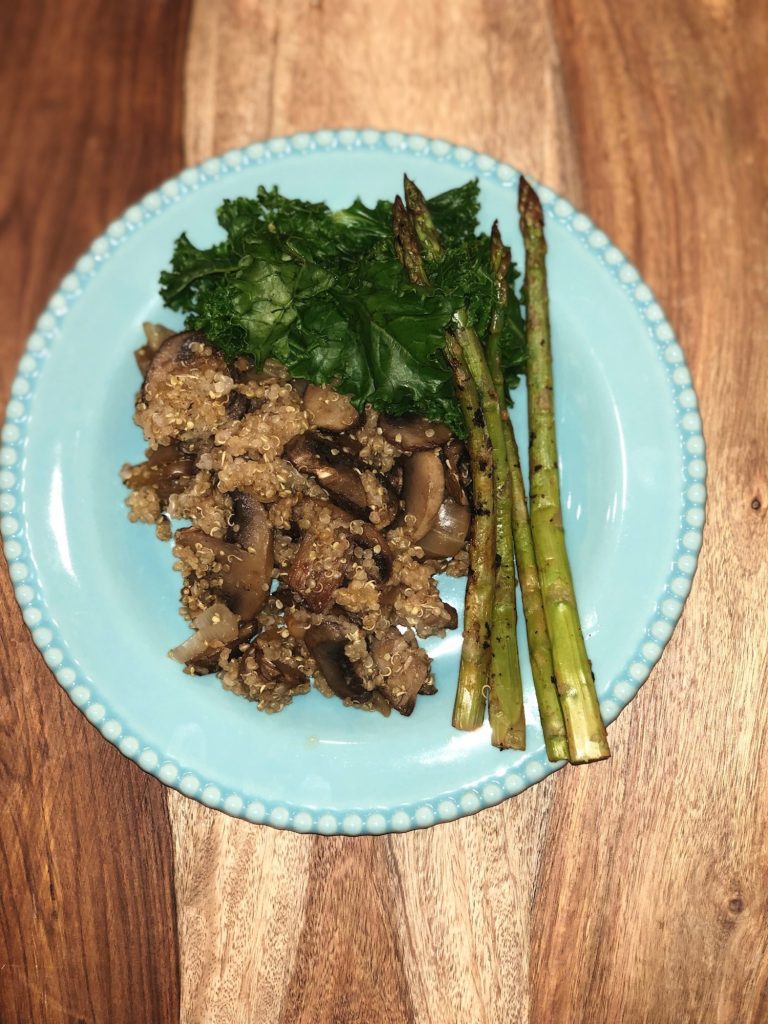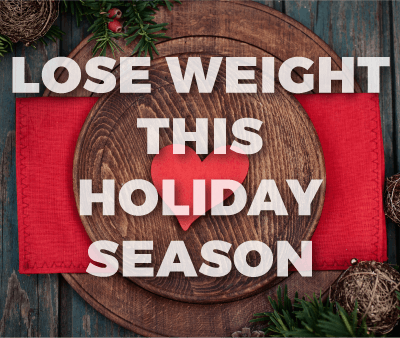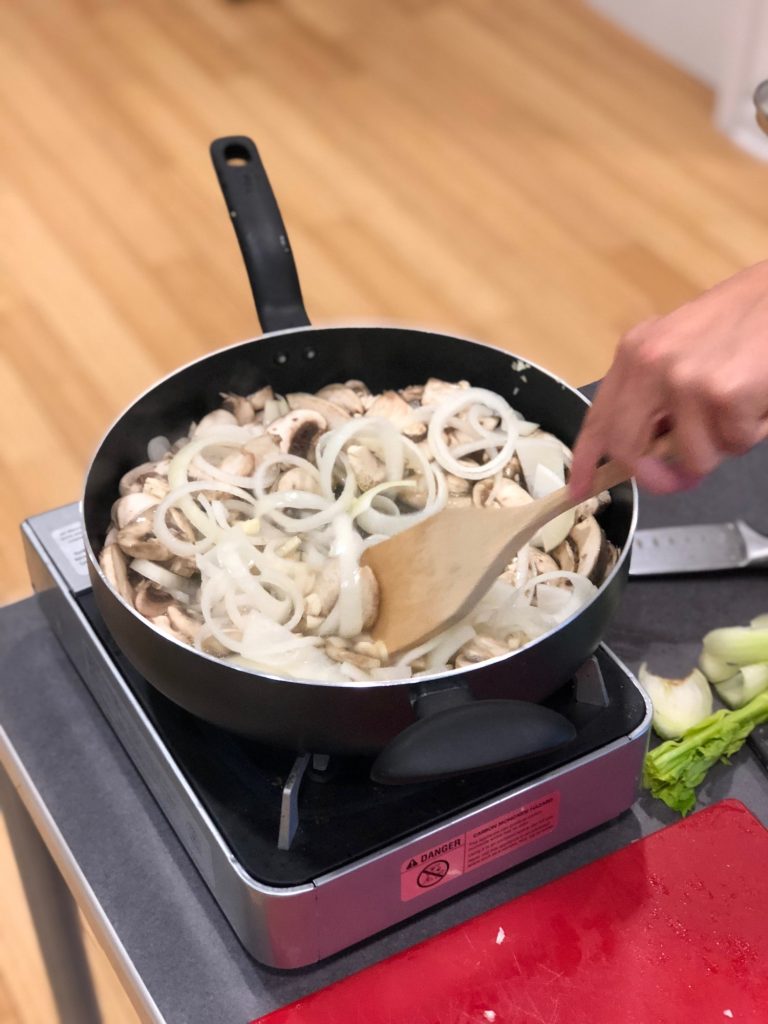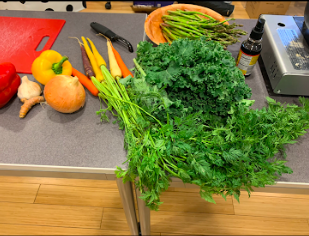How to Feed a Cold
By Nicole Martin
February 28, 2017

It’s still cold season. And whether you’re feeling one coming on, or are in the thick of right now, close your medicine cabinet and get yourself into the kitchen!
Here’s a list of foods that you should be taking to keep that cold at bay.
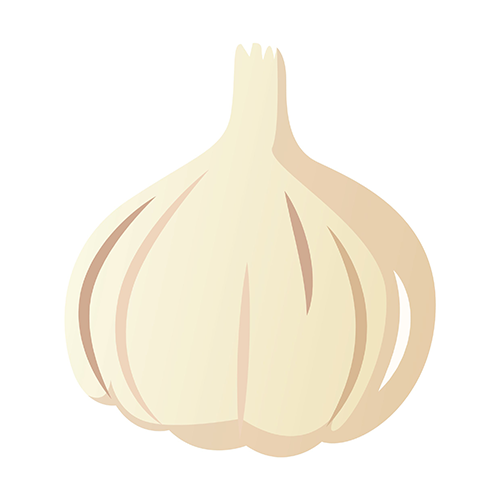
GARLIC
Garlic contains a number of fantastic health-boosting components. Maybe the most powerful of these is called allicin. It’s a compound that works as (among other things) both an anti-inflammatory and immunity booster. It can eliminate harmful bacteria and other pathogens.
It’s great to have this in your diet regularly, boosting your immunity before cold season comes around. And although it’s not going to “cure” your cold, it’ll help alleviate the symptoms and create an environment for your body to heal itself.
Garlic is best eaten raw (the allicin tends to degrade a bit during cooking) but eating straight raw garlic might be a bit too much for some (most?) people. Garlic pills are often odorless, but the issue there is that the allicin is the stuff that gives garlic its odor… so, no odor, no allicin. The best workaround here is to chop or crush the garlic, mix it with one of your favorite homemade oil free dressings (here’s a great one), and you’re all set!
What’s interesting about allicin is that it’s not actually found in the garlic. Instead, the cloves contain a compound called “alliin.” When the clove is damaged, after about ten seconds the alliin converts to allicin. So, after you crush or chop it, let it sit for a bit before you use it.
WATER
You should be drinking a lot of water everyday anyway, but this is doubly true when you have a cold.
The reason for this is because your gut is primed to deal with viruses and other foreign invaders. After all, 70% of your immune system lives down there. Water works to flush those little boogers down into the gut so they can be summarily taken out.
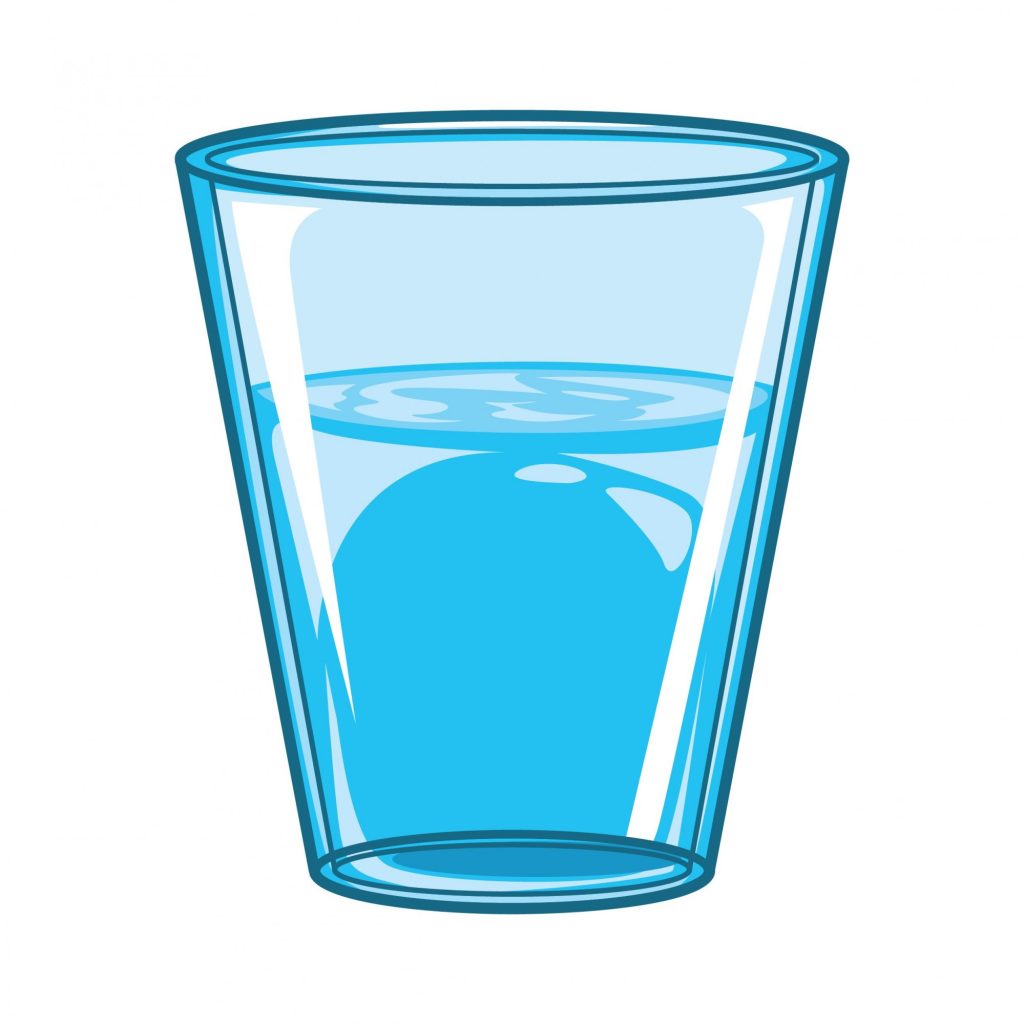

B vitamins
B Vitamins have been shown to boost immunity. They work with your body to stave off viruses and other pathogens.
For meat eaters, you’re getting most of your B vitamins from meat. Technically, you’re getting them from the DIRT the animals eat, given that cows haven’t developed “dinner plate” technology yet. For non-meat eaters, B vitamins—most notably, B12—are a bit harder to get in your diet.
That’s why nutritional yeast is such plant-based staple. It’s delicious—rich and nutty—and also super high in B12. It also boosts the immune system while simultaneously acting as an anti-inflammatory. Which are both great things if you’re coming down with a cold.
If you aren’t into nutritional yeast you can always supplement. Here is a great methylated B12 here.
(Here’s a great video about this phenomenon works.)
VITAMIN C
There’s long been debate about whether Vitamin C can cure the common cold. (It probably can’t). But that doesn’t mean it doesn’t boost your immune system and keep the body healthy enough to prevent the cold from happening in the first place. It kills bacteria, viruses, and fungi, and also is integral in repairing cell wall damage caused by these invaders.


VITAMIN D
Our biggest source of Vitamin D is what our body is able to make through our skin’s contact with sunlight. Part of the reason winter is cold and flu season is because we’re not getting as much sunlight (because it’s cold outside, and decidedly roasty-toasty inside.) Which means: We’re getting much less Vitamin D.
Studies have shown that Vitamin D deficiencies mean you’re much more likely to get a cold.
The best way to get Vitamin D is through supplements. Your body makes a little of it, but not enough.
You can get some high-quality Vitamin D here.
Turmeric
One of the most powerful anti-inflammatories on earth isn’t in your medicine cabinet. It’s on your spice shelf. (Or here.)
Indian cooks have been touting the many positive effects of this spice for generations. Here in the West, science has begun to catch up. We now see evidence that it’s great for managing cholesterol, inflammatory gut diseases, arthritis, and—among other things— diabetes.
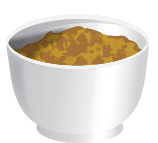
Turmeric is a great thing to add into your diet when you have a cold. Even better, keep it in there for the rest of the year!
Your immune system will thank you.
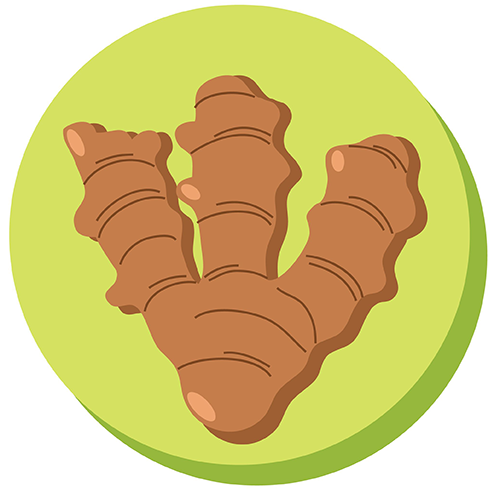
GINGER
The theme here, if you haven’t picked up on it yet, is that a number of these natural plants and supplements play an anti-inflammatorial role. Inflammation when you are sick tends to allow the sickness to persist. Relieving that extra stress allows the body to heal itself.
Because it’s not the foods that do the healing. They merely set your body up for it to get the job done itself—which, after all, is one of the things the body does best.
Ginger has long been known for its anti-inflammatory properties. It also comes in a number of forms. Whole ginger is best, but it also comes in both powder (spice) and capsule form.
Probiotics
Since so much of your immune system lives in your gut, it makes sense that in battling an illness the bugs in your digestive track might get a little depleted.
Probiotics work to restore those. You can find high-quality probiotic supplements here, or you can go the fermented foods route: Kimchi, Sauerkraut, pickles, etc.
Yogurt also has probiotics, but you shouldn’t go that route because:
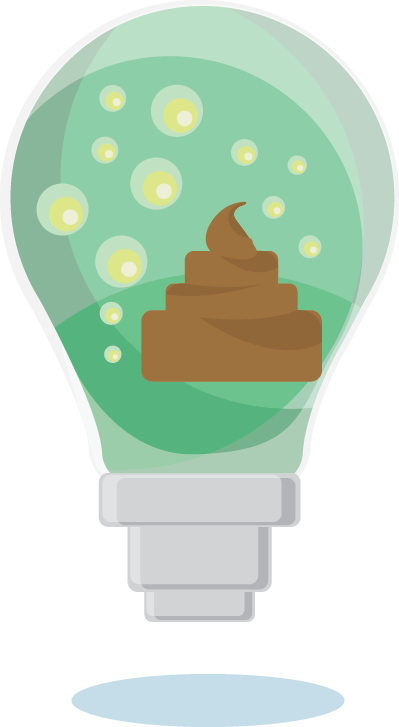

Give Up Dairy
Giving up dairy is a great thing to do for yourself. Especially if you’re coming down with a cold. Aside from the fact that dairy is inflammatory itself, it’s also going to just make your mucus levels increase.
If it doesn’t make the cold worse, it will at least turn the dial up on the symptoms.
So if you’re getting a cold, are already fully under the weather, or are surrounded by the sound of lungs being hacked up and noses being blown, it’s time to introduce the above foods into your diet.
Prevention is the best option here, of course. Colds are much easier to ward off than they are to get rid of. And your overall health is going to make all the difference. We can’t all stay healthy 100% of the time—even the healthiest among us get sick sometimes—but a lot can be done to get your immunity built up and your body primed to fight off whatever is threatening it.
Want even more great health information? Sure you do.
We have a brand new, super robust YouTube channel chocked full of awesome content. Here’s a sample:


